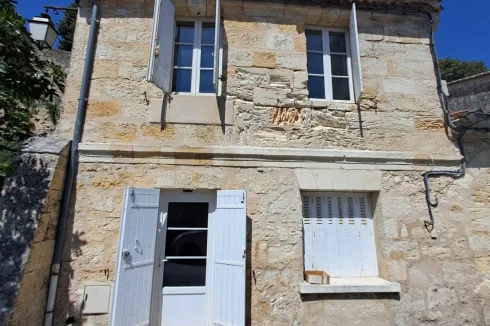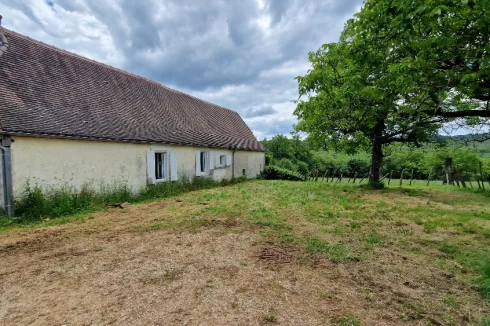Short-Term Tenancies in France
Friday 07 February 2020
There has been a loosening up of France's strict tenancy controls, but there remain significant limitations.
Until recently, landlords in France seeking to rent a property to be used as the tenant’s main home had two choices;
- A furnished letting for a minimum of one year;
- An unfurnished letting for a period of three years.
In both cases, the landlord can only oppose the renewal of the tenancy on specific grounds: to sell the property, to take back the dwelling to live in it, or because of the tenant's serious breach of their tenancy obligations. A notice period of three or six months applies, depending on whether the rental is furnished or unfurnished.
Naturally, in the event of non-payment of rent, or a breach of other tenancy obligations, the landlord is entitled to obtain early termination of the tenancy.
As a result of the Loi Elan 2018 there is now a third type of tenancy, called the ‘bail mobilité’ - literally, ‘mobility tenancy’.
It has been christened a 'bail mobilité' as only those who are in transit are eligible for such a tenancy.
The persons to whom it applies are those:
- in higher education;
- undertaking professional training or an internship;
- employees who are on temporary secondment;
- employees transferring job;
- undertaking civic service.
In addition, the property must be furnished, in a manner that enables the tenant to use the property in a normal manner.
The law requires, that the letting agreement must specifically state that it is a 'bail mobilité'.
The tenancy is agreed for a period of one to ten months, non-renewable beyond 10 months by either the tenant or the landlord.
In the event that the owner and tenant agree to extend the tenancy beyond 10 months it will automatically mutate into a furnished one-year renewable tenancy.
The level of the rent for such a tenancy is freely determined between landlord and tenant, subject to the general controls on rent levels that exist in some areas of housing shortage.
Only the tenant may terminate the tenancy before its term, subject to one month's notice. The owner is engaged until the end of the lease term.
The landlord is not entitled to a damage deposit (dépôt de garantie), and in the event the tenant breaches their tenancy obligations the new tenancy offers no new accelerated procedure for possession. As with other tenancies the landlord is required to commence lengthy and costly proceedings in the local court;
Where the property is a co-tenancy, the tenants are not jointly and severally liable.
Finally, it offers no exemption from many other landlord obligations, notably the requirement to provide survey reports (diagnostics) to the tenant.
Thank you for showing an interest in our News section.
Our News section is no longer being published although our catalogue of articles remains in place.
If you found our News useful, please have a look at France Insider, our subscription based News service with in-depth analysis, or our authoritative Guides to France.
If you require advice and assistance with the purchase of French property and moving to France, then take a look at the France Insider Property Clinic.





